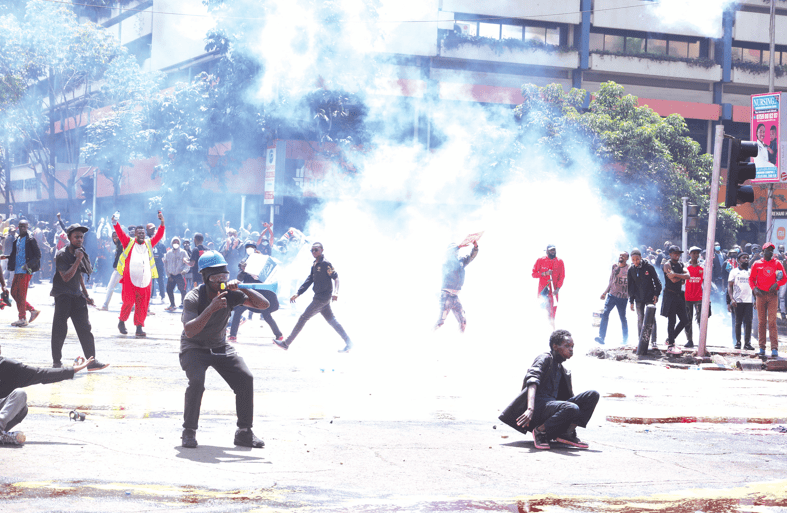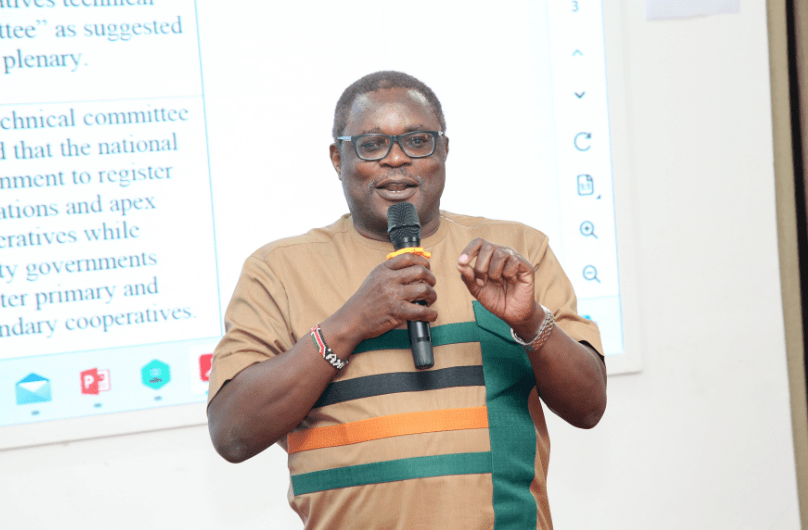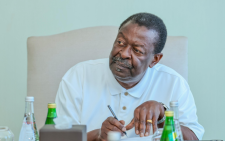Time for the ‘Kenya we want’ convention is now

In the wake of street protests that forced the dissolution of the Cabinet and withdrawal of the Finance Bill 2024, the government has announced that it would organise national dialogue to discuss a roadmap to address Kenya’s current problems.
Talks are always important because they help forge a common understanding on issues, bring focus, and offer recommendations. Kenya has had many talkfests over the years to address political crises, with some success. The question, therefore, is what kind of dialogue does Kenya need at this juncture in its history?
Kenya needs to hold a candid conversation that it has refused to have since independence. This is the conversation on what kind of Kenya citizens want to build, the “Kenya We Want Convention”.
One of the biggest sources of Kenya’s enduring problems is that its disparate communities do not have a shared destiny, a communality of purpose, a common aspiration as a nation.
Kenya was born a hunchback. A patched-up conglomeration of communities that no attempt has ever been made to forge into a nation. In this misshapen state, there will forever be flashpoints. The crisis can only deepen as more young people leave school and join the unemployment lines.
This will be the meeting that agrees on how Kenyans can share the presidency, normally a key flashpoint. It will decide how power is shared across Kenyan communities so that the big-tribe syndrome is de-emphasised in the politics, as well as addressing the very touchy issue of dominance of the Presidency by two tribes. It’s all about resource mobilisation and allocation, the dynamics at the centre of all conflict in Kenya.
Historical injustices, including land matters, have remained a major thorn in the flesh of the body politic. The dialogue can make definitive recommendations, which the Government can be given a time frame to implement. These time frames must bind the current and future governments.
Nation-building has, inadvertently or wilfully, corresponded to political pressures of the day. As a consequence, many communities feel left out and marginalised. This has been a source of perennial problems. These historical antecedents have brought Kenya to where it is today.
Kenya is at a critical juncture. The country must not waste the opportunity that has presented itself to sit down as one people for a sincere introspection and conversation.
There will be no principals in this conversation, just partners to a shared destiny.
The template for the conversation should be that it will be all-inclusive and broad-based. No issue should be off-limits. All must come to the table as honest protagonists with one goal alone – forging a new destiny and leaving the past behind.
The Plan of Action will form a bill for Parliament so as to anchor the recommendations in law and government delivery programmes. Some constitutional amendments might be necessary to align the supreme law of the land with the new vision of the country.
The government should propose the criteria for participation, as well as the agenda and format. These should be subjected to public participation to ensure that the whole country buys into this national conversation, as well as ensure all communities have their issues captured.
To anchor it even more firmly, the government should invite key international bodies from Africa as observers and guarantors. This will give Kenyans more comfort in the credibility of the process.
The process should not be rushed. This should be the document that will get Kenya to move beyond perennial political, cultural, social and economic crises and into an ecosystem that carries along all Kenyans wherever they are. It is time to put things right. The time for the “Kenya We Want Convention” is now.












